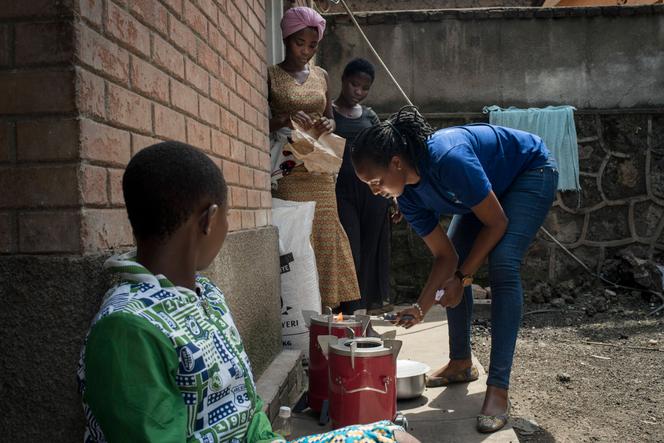


Without additional context, the Summit on Clean Cooking in Africa, held in Paris on Tuesday, May 14, might be mistaken for a gathering of domestic arts enthusiasts. The presence of some 20 African heads of state and government, the director general of the World Health Organization and the Azerbaijani president of the next COP on climate, all under the aegis of International Energy Agency (IEA) executive director Fatih Birol, is enough to sweep away this initial intuition. In other words, this matter is important.
It's all about the living conditions of nearly a billion people in Africa – particularly women - whose daily lives and health are burdened by the use of rudimentary cooking systems fuelled by wood, animal dung or agricultural residues. These systems are most commonly three stones on which a cooking pot is placed inside the house.
The story has never made the headlines, even though it is responsible for the premature death of some 500,000 women and children on the African continent every year, from respiratory illnesses linked to inhalation of toxic particles. This is almost as many as the number of malaria victims (around 600,000 each year). It is also one of the main causes of deforestation in Africa. The seriousness of this poverty-related problem has long been recognized and is not specific to this continent.
But while Asia – led by China and India – and Latin America have, for the most part, succeeded in solving this problem over the last 20 years, failure is almost universal in Africa. In Benin, Ethiopia, Liberia, the Democratic Republic of Congo, Tanzania... more than 80% of the population still depends on biomass to cook their meals. In Nigeria, Kenya or Ghana, it's 70%. Why? "African governments and multilateral development banks have never made the subject a real priority," replied Birol bluntly.
"When a woman spends an average of four hours a day gathering wood and cooking, she doesn't have much time left over to do anything else. This is one of the most glaring gender inequalities where there is no obstacle to correction. The technologies are available and the sums required are modest," he argued while asserting that tackling the problem is a moral obligation.
According to International Energy Agency calculations, $4 billion (€3.72 billion) a year would be enough to give African families access to clean cooking by 2030, the target set by signatory states of the United Nations Sustainable Development Goals. It's a figure that Birol compares, for example, to the $25 billion spent by the European Union on each of the liquefied natural gas terminals built to reduce its dependence on Russia after the invasion of Ukraine.
You have 57.98% of this article left to read. The rest is for subscribers only.
